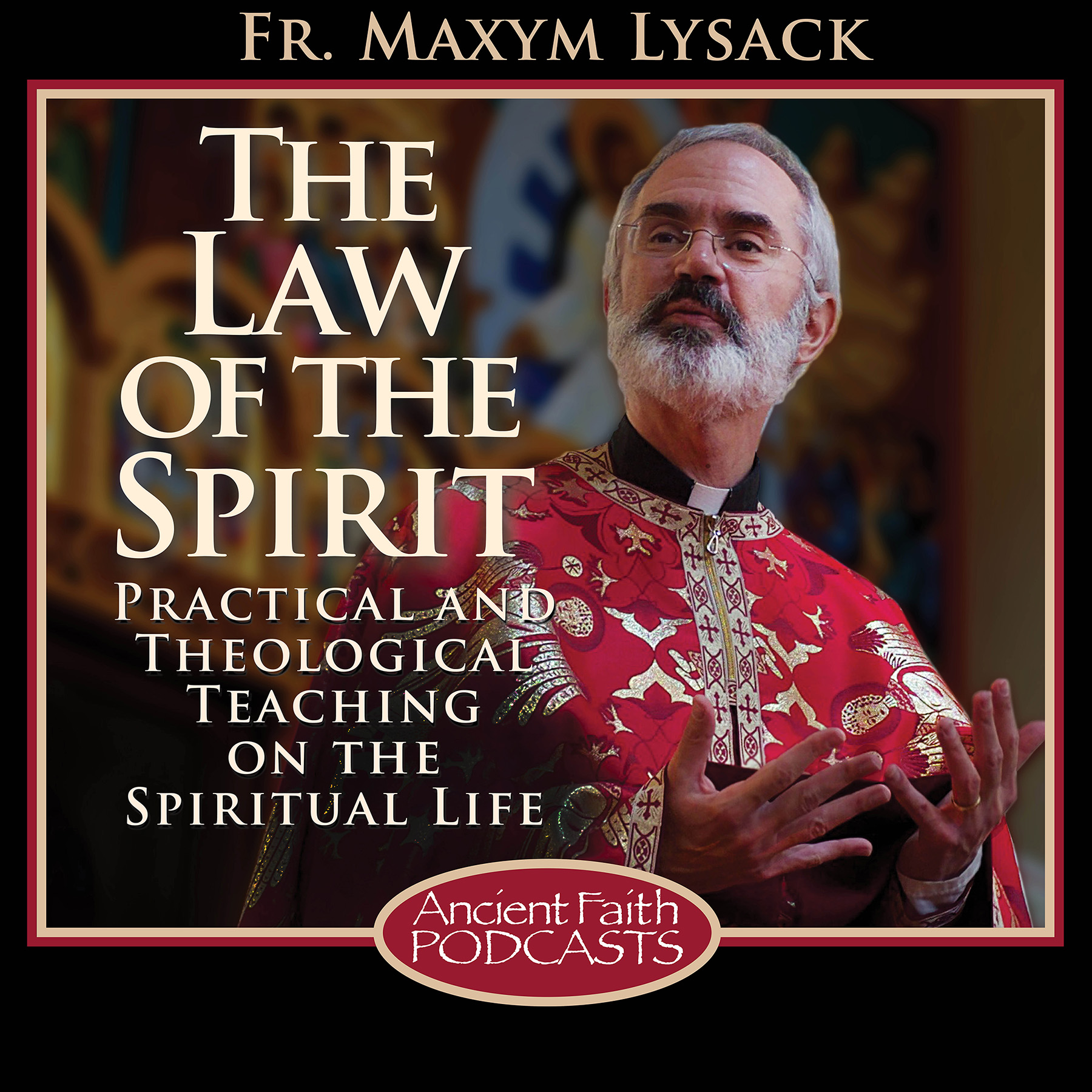The question is about akedia and its manifestations, and more specifically about choices we make. If we make a choice to move from A to B, does that demonstrate akedia, for example? We should understand akedia as a type of temptation. Sometimes when we are making wise and necessary choices, very often it is not because of akedia.
Akedia presents itself as being a deep dissatisfaction with everything in life. It’s a kind of limited spiritual depression, and it’s a very specific temptation. It’s a temptation to leave the good things in what we’re doing. Sometimes we’re in not-so-good situations, and we have to leave them. Sometimes we make a decision to go from one country to another country for the sake of our children. I don’t think that that’s akedia at work. That could be wisdom at work; it could be a personal choice at work. Not all of those are akedia, and in fact when we leave sinful situations, we can be sure it’s the Holy Spirit at work: it’s the opposite. As we look at each situation, we need to draw certain conclusions about it.
Akedia attacks fundamental spiritual practices. It attacks a person’s basic life of prayer and promotes a kind of hopelessness about it. There’s a low level of irritability combined with a kind of hopelessness, a limited amount of despair—that’s akedia. On the other hand, we are often called in our lives to make decisions and to be decisive, and in those cases it may have and does have no connection to akedia at all. So akedia is a very, very specific temptation, and as you all know I distinguished it even from sloth. It’s its own thing.
I wish we had the right word for it in English, where by giving one word I’m desperately looking for equivalents, and I think we’re up to about ten. We just keep giving all these equivalents to try to approximate what it is, but spiritually we can put our fingers on it right away. Whatever you want to call it—listlessness or whatever you want to call it—we can feel it when we are being driven from good spiritual practice, usually with a kind of pride.
For example, when the demons are tempting the monks and telling them to go to another monastery, they’re usually adding in there, number one, that the other monks that they’re with are just no good in the spiritual life: “You’re never going to get anywhere with these guys. If you want to get ahead in the spiritual life, you’ve got to get some ‘good monks,’ ones who are really advancing, because, let’s face it, you are capable of advancing. You are not like them. You’ve got potential, great potential, but your great potential has been frustrated by doing simple things. So go to another monastery that’s bigger, better organized. Find a new spiritual father who’s more dynamic and who will understand what kind of potential you have. Find some monks who are more on fire for God and more committed, because surely you belong with them. The reason for all of your irritation is that you’re not in the right place. Once you make the move, you’re going to love it. You’re going to do great. There’s not going to be anything better than that. Yes, you need a new monastery. You need a new cell, a cell that promotes real inner peace, that makes a true hesychast.” That’s akedia at work.
You see it’s very different from someone who, praying for God’s wisdom, asks God meekly, “What ought I to do? Ought I to leave my country? Ought I to take this job? Ought I to make some other move? Ought my children to go to this school? Ought I to take my children out of this school and move them somewhere else?” This is not akedia at work.
I think we learn again from its symptoms and from the feeling that comes with it, because akedia has that kind of annoying part about it where we just don’t feel like anything fits or is right or is good, and we’re under a wrong impression that moving is going to fix it, when really what it presents is a kind of escape from the spiritual life.
So some monks move from a monastery to a more rigorous form of monasticism. If they move with a blessing, it’s not akedia. If they’ve tested and been tested in the community and they have the blessing of their spiritual father, they go and they move. And they do move to a place that will be better for them, because it’s blessed. But in akedia we’re always tempted to make the jump on our own, because we become convinced that we have the best picture of the situation, we don’t require any advice, and we know how to handle it. So there’s a rebellious side to it as well, where we assert ourselves against, really, the wisdom of the Church. Very, very specific.
I think it affects people who’ve been practicing the Christian life for a little while, specific to situations in which you’re doing the right thing. This is the key. When you’re doing the right things—you’re already praying, you’re already fasting—you’re in a good spiritual place and you’re about to grow there, whether you know it or not, whether you think it or not, so the attack is to get you out of precisely the situation in which you’re going to make progress.
Having said that, of course, if we’re perpetually on the move, it exhausts us in the spiritual life, so we want to try to attain the highest degree of stability that we can while still growing properly.

 Fr. Maxym Lysack
Fr. Maxym Lysack